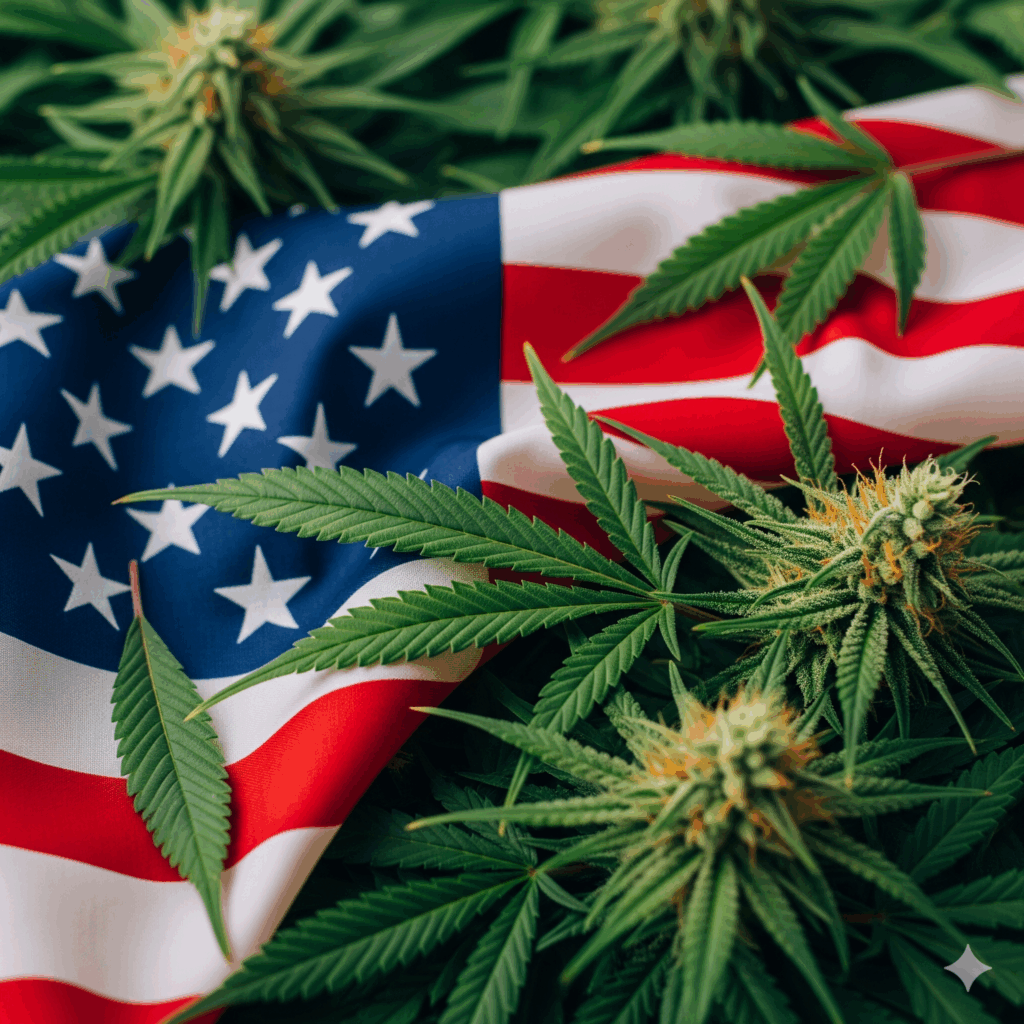In a significant week for U.S. cannabis policy, a bipartisan push for reform is gaining momentum on two fronts: a proposed administrative reclassification and a renewed legislative effort. As the Drug Enforcement Administration (DEA) considers a historic change to reschedule cannabis, Democratic lawmakers have reintroduced a bill to federally legalize the plant entirely, setting up a clash between incremental and comprehensive reform.
The debate centers on a long-awaited decision from the DEA to potentially move cannabis from its current status as a Schedule I substance to a Schedule III substance under the Controlled Substances Act (CSA). This administrative review, initiated by the Biden administration and now being considered by the Trump White House, marks the first time in over 50 years that the federal government has acknowledged a medical use for cannabis.
According to a report from Dentons, President Donald Trump has publicly stated he is “going to look at” cannabis, and a decision on rescheduling is expected within the next few weeks. His comments follow reports of private discussions with industry leaders, including a recent fundraiser where he reportedly signaled support for the move.
The potential reclassification would have profound implications for the legal cannabis industry. A key benefit is the elimination of Section 280E of the IRS tax code. Currently, cannabis businesses, because they “traffic” in a Schedule I or II substance, are forbidden from taking standard business tax deductions for expenses like payroll and rent. Moving to Schedule III would grant them access to these deductions, providing a significant financial boost and helping them better compete with the illicit market. Beyond tax relief, rescheduling could also streamline scientific research into cannabis, making it easier for universities and pharmaceutical companies to conduct clinical trials and develop FDA-approved cannabinoid medicines.
However, the move to Schedule III is far from full legalization. As a Bloomberg Law News article points out, cannabis would remain a controlled substance, subject to strict federal oversight. The DEA would likely impose new regulations, including mandatory registration, manufacturing quotas limited to medical use, and a continued prohibition on non-medical production and possession. This could create a complicated and potentially perilous legal landscape for the existing state-legal recreational cannabis markets, which would still be operating outside of federal legality. The DEA and DOJ could be compelled to enforce these new regulations, potentially disrupting the current “look the other way” approach.
In a direct legislative counterpoint to the administrative process, Democratic lawmakers, led by Rep. Jerrold Nadler, have reintroduced the Marijuana Opportunity, Reinvestment and Expungement (MORE) Act. This bill goes much further than rescheduling, aiming to deschedule marijuana entirely by removing it from the CSA. The MORE Act is a comprehensive approach that seeks not only to legalize cannabis but also to address the social and racial injustices of the “War on Drugs.”
Key provisions of the MORE Act include:
- Descheduling Cannabis: Removing it from federal control, allowing states to regulate it similarly to alcohol.
- Social Equity: Creating an “Opportunity Trust Fund” from federal excise taxes to support community reinvestment and equitable licensing for businesses owned by those disproportionately affected by past prohibition.
- Expungement: Providing a mechanism for the expungement of non-violent federal marijuana convictions.
While the MORE Act has passed the House of Representatives twice before when Democrats were in the majority, its chances of passing in the current politically divided Congress are slim. The bill serves as a marker for a more progressive vision of cannabis reform, highlighting the chasm between the two parties’ approaches.
This dual-track approach—administrative action versus legislative change—reflects the complex and often contradictory nature of U.S. cannabis policy. While the DEA’s potential rescheduling is a major step forward, particularly for the financial health and research potential of the industry, it is not the complete solution many advocates desire. Organizations like the Drug Policy Alliance have launched petitions urging for descheduling, arguing that rescheduling “would not end federal criminalization or stop arrests for marijuana-related conduct” and that “descheduling is the only way to truly end federal criminalization of marijuana.”
Meanwhile, anti-drug groups like Smart Approaches to Marijuana (SAM) are lobbying the Trump administration to keep cannabis in Schedule I, warning that rescheduling would provide a significant tax break to the industry and could have negative public health consequences.
As both the DEA review and the legislative debate unfold, two separate Supreme Court cases related to cannabis are also looming. One case, US vs. Hemani, concerns whether a federal law prohibiting drug users from possessing firearms applies to legal cannabis consumers. The Court’s decisions could add another layer of complexity to the already convoluted legal landscape.
For the moment, the cannabis industry is holding its breath. The potential for a federal tax break and new research opportunities has already caused stock prices to surge. However, the exact regulatory framework for a Schedule III cannabis market remains uncertain, and the debate between an administrative solution and a legislative one highlights the deep divisions that still exist on the path to true federal cannabis reform.


